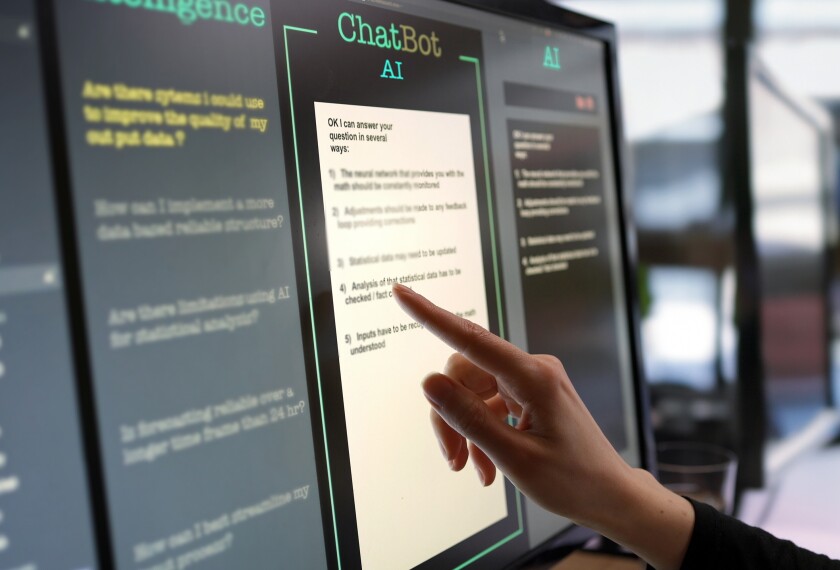U.S. Secretary of Education Arne Duncan last week unveiled a new guide for software developers, startups, and entrepreneurs at the Arizona State University/Global Silicon Valley conference in Phoenix.
The 66-page guide, developed by the Department of Education’s office of educational technology and “crowd-sourced from knowledgeable educators, developers, and researchers,” aims to inform the ed-tech industry about the most pressing challenges schools face, encourage a school-centered design process, and offer help navigating the complex regulatory and bureaucratic landscape that developers face when trying to get their products into schools.
The guide identifies 10 areas in which the department suggests developers can have the greatest impact—from improving students’ mastery of basic skills and promoting their noncognitive abilities such as “grit,” to increasing family engagement and improving professional development for teachers.
One broad theme: Rather than simply digitizing traditional materials, developers should innovate, in order to make teaching and learning more meaningful.
The department’s new guide for developers focuses heavily on the software- and app-design process, emphasizing that industry must better recognize and understand educators’ actual needs.
And it’s important for developers to understand how districts work, says the guide, which lays out the basics of district budgets, federal and state obligations, and the key players in most district organization charts.
It also contains information on ensuring student-data privacy, tips for fundraising and networking, and a primer on software interoperability.




